
What is on the NCLEX Exam? 5 Powerful Insights to Pass with Confidence!
What is on the NCLEX Exam? Good question! The NCLEX RN exam is a gateway for aspiring nurses to achieve licensure and practice safely in the healthcare field. For many, it’s more than just a test—it’s a challenge that requires deep preparation and a thorough understanding of the exam structure.
In this guide, we’ll explore the key elements of the NCLEX RN exam, breaking down its structure, content, and question formats. By the end, you’ll know what is on the NCLEX Exam, what is in the NCLEX RN, the NCLEX RN content breakdown, different NCLEX test topics and all the NCLEX exam subject areas to focus on. You will be equipped with actionable insights to maximize your success.
Understanding the Structure of the NCLEX RN Exam
The NCLEX RN exam follows a unique structure designed to evaluate a candidate’s readiness to provide safe and effective care.
- Computerized Adaptive Testing (CAT): The test adjusts question difficulty based on your answers to ensure a fair assessment of your abilities.
- Question Range: Test-takers answer anywhere from 75 to 145 questions. The exam ends when it determines, with 95% certainty, if you meet the passing standard.
- Time Limit: The maximum time allowed is 5 hours, including breaks and optional tutorials.
Pro Tip: Simulating a CAT exam during your preparation can help reduce anxiety on test day.
NCLEX Test Topics: Core Content Areas Explained (H2)
The NCLEX RN exam evaluates candidates across four primary content areas, each designed to test critical nursing competencies.
-
Safe and Effective Care Environment
- Focus: Patient safety, infection control, and legal/ethical considerations.
- Weightage: This is a significant portion of the exam, making it crucial to prioritize in your preparation.
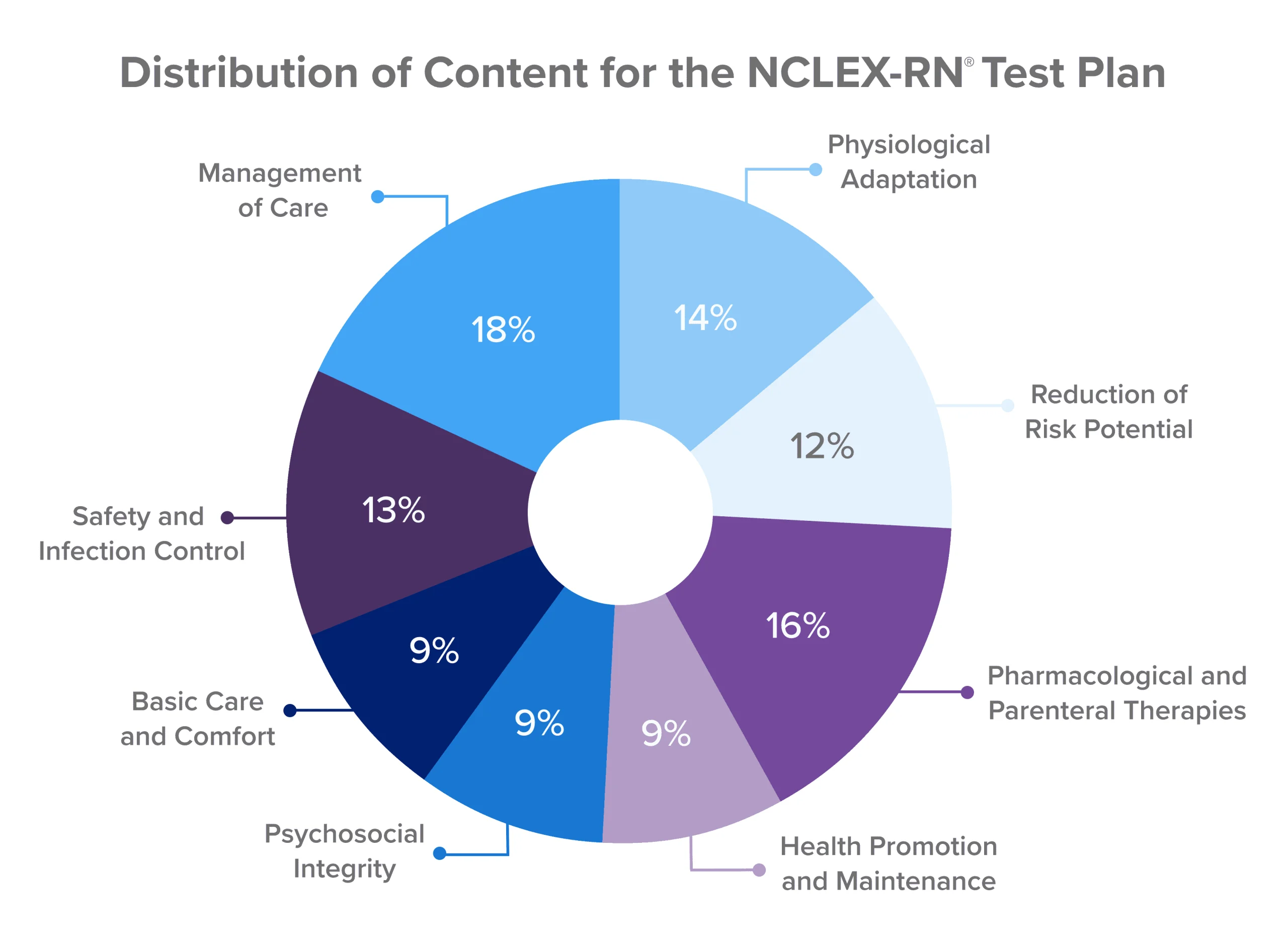
-
Health Promotion and Maintenance
- Focus: Growth and development, preventative care, and early detection of diseases.
- Example Questions: Understanding prenatal care protocols or identifying risk factors in diverse populations.
Dive deeper into the core principles of Health Promotion in our blog, “How Long is the NCLEX Exam? 7 Essential Tips to Manage Your Time and Succeed“
-
Psychosocial Integrity
- Focus: Mental health, coping mechanisms, and effective communication in healthcare settings.
- Study Tip: Familiarize yourself with nursing interventions for common psychiatric conditions.
-
Physiological Integrity
- Focus: Patient care interventions, pharmacology, and basic sciences like anatomy and physiology.
- Weightage: Covers the largest percentage of exam questions, requiring meticulous preparation.
Pro Tip: Pair focused content reviews with daily practice questions to solidify your understanding.
Question Formats: What to Expect on Test Day
The NCLEX RN exam goes beyond multiple-choice questions, incorporating various formats to test critical thinking and problem-solving.
- Select-All-That-Apply (SATA): Requires identifying all correct answers without partial credit.
- Hotspot Questions: Involves selecting specific areas on an image.
- Drag-and-Drop: Tests your ability to sequence steps in clinical procedures accurately.
- Chart and Exhibit Questions: Presents a clinical scenario with associated data, requiring interpretation.
Here is the NCLEX RN content breakdown displaying NCLEX test topics and the various NCLEX exam subject areas
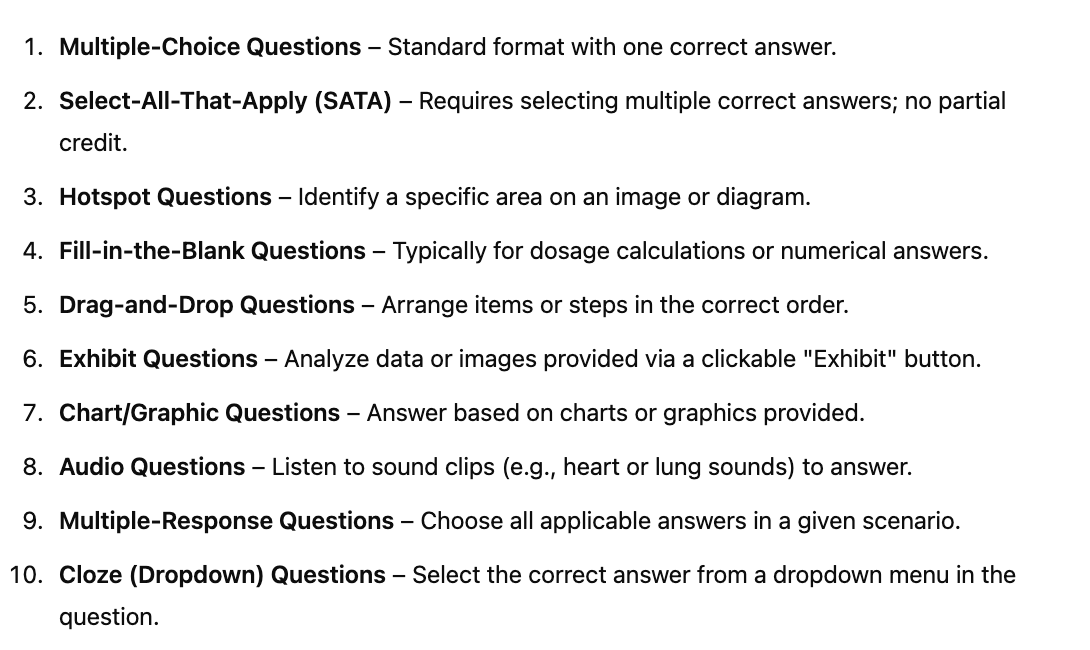
How is the NCLEX RN Scored?
The scoring process evaluates your ability to meet the minimum competency standard required for safe nursing practice.
- Pass/Fail Decision: Based on a 95% confidence interval, meaning the test determines if you meet or exceed the passing standard with high certainty.
- Adaptive Nature: Each question is tailored to your performance, ensuring that every candidate faces a fair assessment.
Learn more about how the exam is graded in our blog, “How is the NCLEX Graded? Understanding the Scoring System.”
Tips to Prepare for NCLEX Core Content Areas
Set Clear Study Goals
Divide your preparation into weekly targets focusing on each core area.
Practice Question Banks Daily
Aim for 75–100 questions daily, covering all question formats.
Master Time Management
Allocate dedicated study blocks and stick to a consistent schedule.
Explore our guide, “Is the NCLEX the Same in All States? Key Differences Explained, for actionable tips on confidence building & study strategies.
Callout for Professional Services
For candidates seeking additional support, our tailored services can boost your preparation:
- RN/PN Exact Exam Questions & Answers: This service offers you the chance to get the exact exam questions you will find at your scheduled exam.
- RN/PN Exam Score Updates: This service offers you the chance to directly update your exam scores. We have members of our team at Pearson Vue who make this possible.
- Get RN/PN License Without Sitting for the Exam: This service offers you the chance to get your NCLEX RN or NCLEX PN license without sitting for the exam.
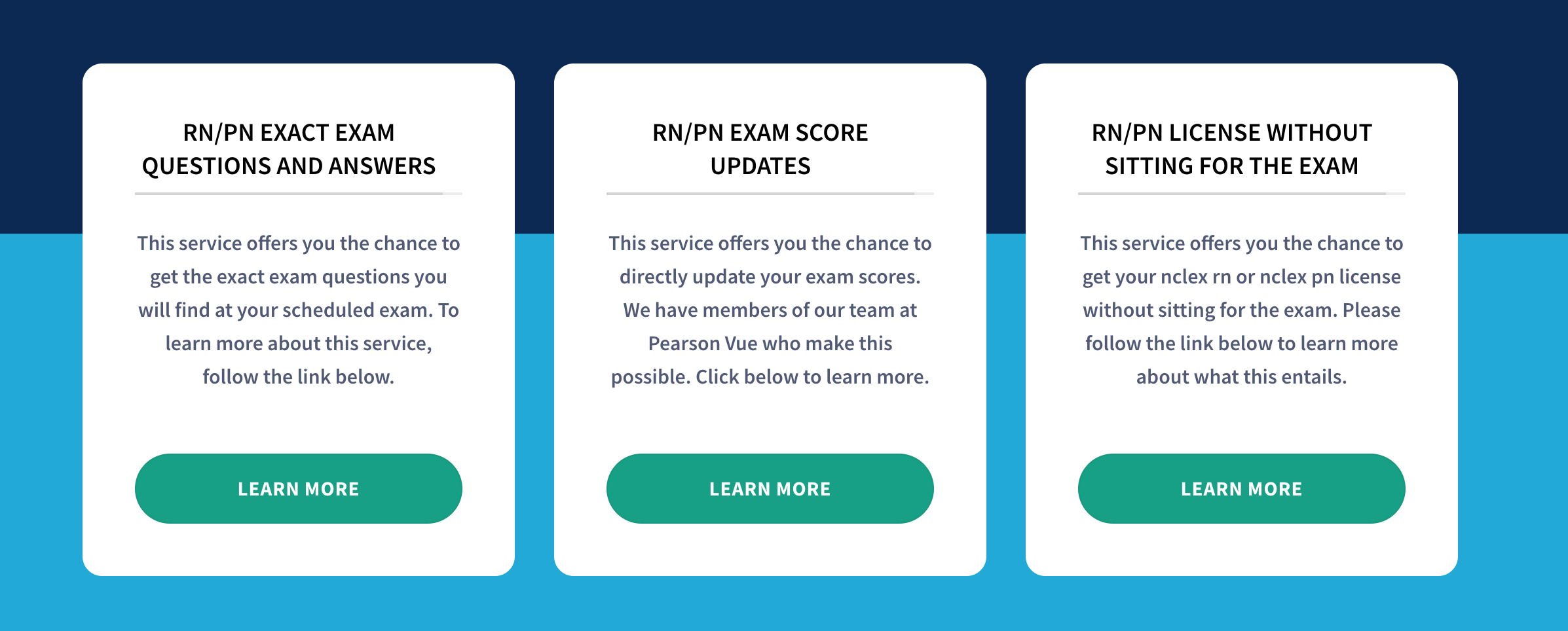
How to Tackle the NCLEX Core Topics Effectively
Preparation for the NCLEX requires a mix of focused study strategies, resourceful tools, and mental readiness. This section delves into actionable ways to approach each core content area for maximum success.
High-Yield Topics to Prioritize
While the NCLEX covers a broad spectrum, some topics carry higher weight and should be given priority.
Management of Care
Example: Questions about delegation, prioritization, and patient assignments.
Preparation Tip: Use frameworks like the ABCs (Airway, Breathing, Circulation) to solve these questions effectively.
Safety and Infection Control
Example: Handling hazardous materials or understanding isolation precautions.
Study Resource: Saunders Comprehensive Review for NCLEX-RN provides detailed coverage.
Pharmacological Therapies
Example: Drug classifications, side effects, and dosage calculations.
Pro Tip: Flashcards are an excellent tool for memorizing medications and their uses.
Here are the top 10 most tested NCLEX Topics
| Rank | NCLEX Topic | Description |
|---|---|---|
| 1 | Pharmacology | Includes drug classifications, side effects, and dosage calculations. |
| 2 | Safety and Infection Control | Covers isolation protocols, patient safety, and infection prevention measures. |
| 3 | Management of Care | Focuses on prioritization, delegation, and patient assignments. |
| 4 | Health Promotion and Maintenance | Emphasizes wellness, disease prevention, and growth and development milestones. |
| 5 | Physiological Adaptation | Tests knowledge of pathophysiology and nursing interventions for illnesses. |
| 6 | Psychosocial Integrity | Covers mental health conditions, coping mechanisms, and therapeutic communication. |
| 7 | Basic Care and Comfort | Includes personal hygiene, mobility, and pain management. |
| 8 | Reduction of Risk Potential | Focuses on minimizing complications and early detection of health issues. |
| 9 | Cardiovascular Nursing | Tests cardiac conditions, interventions, and ECG interpretation. |
| 10 | Endocrine Disorders | Covers diabetes, thyroid disorders, and hormonal imbalances. |
Common Mistakes to Avoid While Preparing
Even the most diligent students can fall into pitfalls that hinder their progress.
Neglecting Weak Areas
Mistake: Spending too much time on strengths rather than weaknesses.
Solution: Begin with a diagnostic test to identify and focus on weaker topics.
Overlooking Test-Taking Strategies
Mistake: Relying solely on content knowledge without mastering NCLEX-style questions.
Solution: Practice 75–100 questions daily with detailed rationales to build test-taking skills.
Burnout from Overstudying
Mistake: Spending long, unstructured hours on preparation.
Solution: Break study sessions into smaller blocks using the Pomodoro Technique.
Discover how to avoid burnout while studying in our article, “How to Create an Effective NCLEX Study Plan in 5 Steps.“
Understanding the Psychological Aspect of the NCLEX
The NCLEX isn’t just a test of knowledge—it also evaluates your ability to handle stress and think critically under pressure.
Managing Test Anxiety
Tip: Incorporate mindfulness practices like deep breathing and visualization.
Building Mental Endurance
Tip: Simulate the exam by completing full-length practice tests in one sitting.
Cultivating Confidence
Tip: Use positive affirmations and visualize success to boost self-belief.
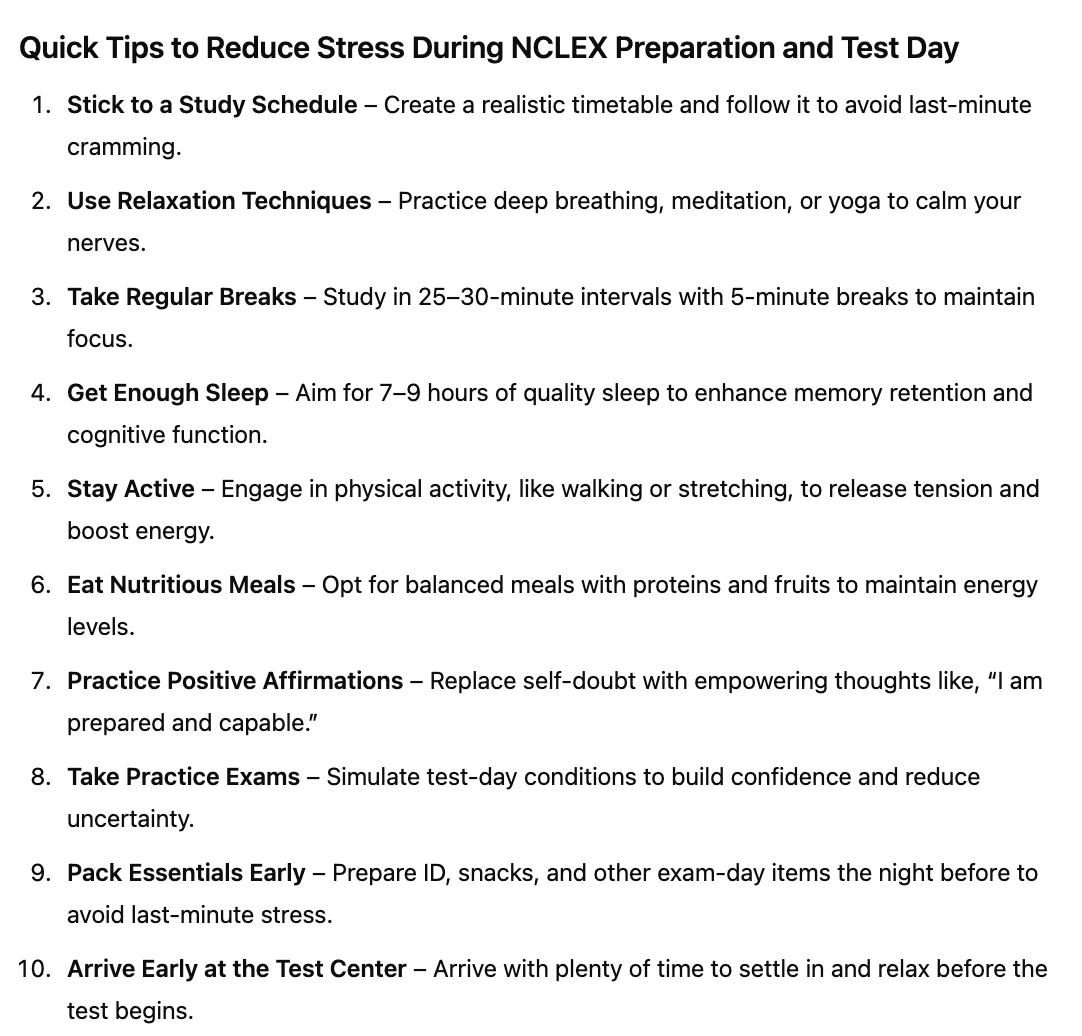
NCLEX FAQ: Common Questions About the Test
What is the Passing Standard for the NCLEX?
The NCLEX evaluates your ability based on a 95% confidence interval. For more details, see our article, “How is the NCLEX Graded? Understanding the Scoring System.“
How Long Should I Study for the NCLEX?
Recommended: Dedicate 3–5 hours daily for at least 6–8 weeks.
Can I Take the NCLEX Outside the U.S.?
Yes, the NCLEX is administered globally in select Pearson VUE centers.
Explore our guide, “How Long is the NCLEX Exam? Know What to Expect,” to understand the test duration and structure.
Tailored NCLEX Study Tips for Different Lifestyles
No two candidates are the same, and preparation strategies must adapt to individual circumstances.
Full-Time Students
Plan: Devote 6–8 hours daily with breaks for mental rejuvenation.
Pro Tip: Use NCLEX prep books like Kaplan and Lippincott for structured study.
Working Professionals
Plan: Study during lunch breaks and after work; utilize mobile apps for quick practice.
Pro Tip: Take full-length practice exams on weekends to simulate test conditions.
Parents or Caregivers
Plan: Study during children’s nap times or school hours.
Pro Tip: Use flashcards or audio guides for flexible, on-the-go learning.
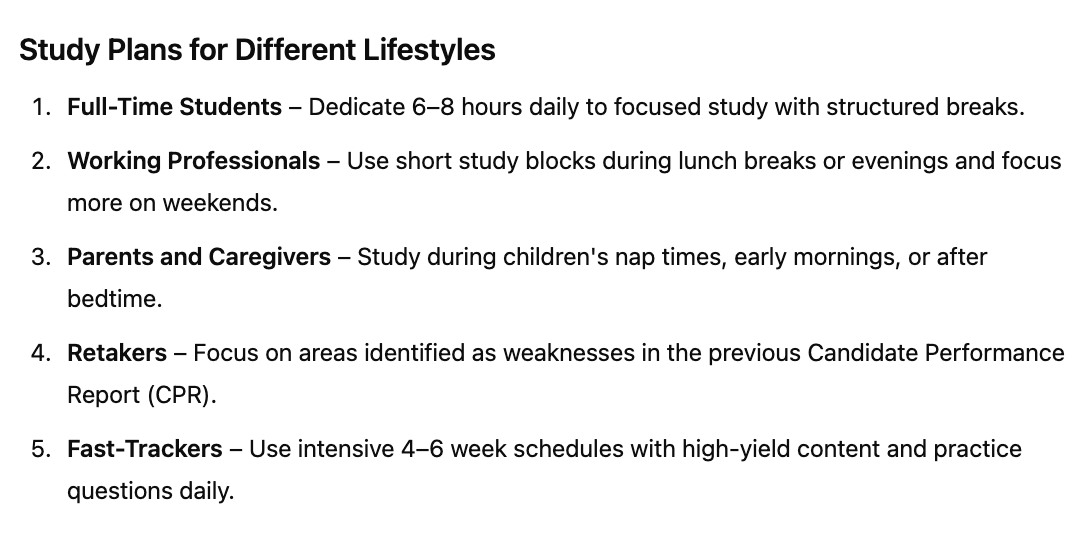
Custom NCLEX Study Strategies Table
| Category | Strategy | Recommended Tools |
|---|---|---|
| Full-Time Students | Study 6–8 hours daily with morning content reviews, afternoon practice questions, and evening reflection. | Saunders Comprehensive Review, UWorld |
| Working Professionals | Study in 1–2 hour blocks during breaks, evenings, and dedicate weekends for practice tests. | NCLEX Mastery App, Kaplan Qbank |
| Parents/Caregivers | Study early mornings or after bedtime; utilize mobile apps for on-the-go practice. | Mobile flashcards, UWorld App |
| NCLEX Retakers | Focus on weak areas identified in the CPR; take weekly mock tests to track progress. | Candidate Performance Report, Kaplan Qbank |
| Fast-Trackers | Prioritize high-yield content with intensive question practice; simulate test-day scenarios. | RN Exact Exam Questions & Answers, UWorld |
Conclusion: Conquer the NCLEX with Confidence
This is the end of our guide and we believe that you now know what is on the NCLEX Exam, what is in the NCLEX RN, the NCLEX RN content breakdown, different NCLEX test topics and all the NCLEX exam subject areas to focus on. You are now equipped with actionable insights to maximize your success. Recall that the NCLEX may seem daunting, but with the right preparation strategies and resources, success is within reach. Focus on high-yield topics, practice consistently, and maintain a balanced approach to study and self-care.
Use the insights from this guide to tackle the NCLEX head-on and achieve your nursing career goals. Remember, every challenge you overcome brings you closer to the finish line.

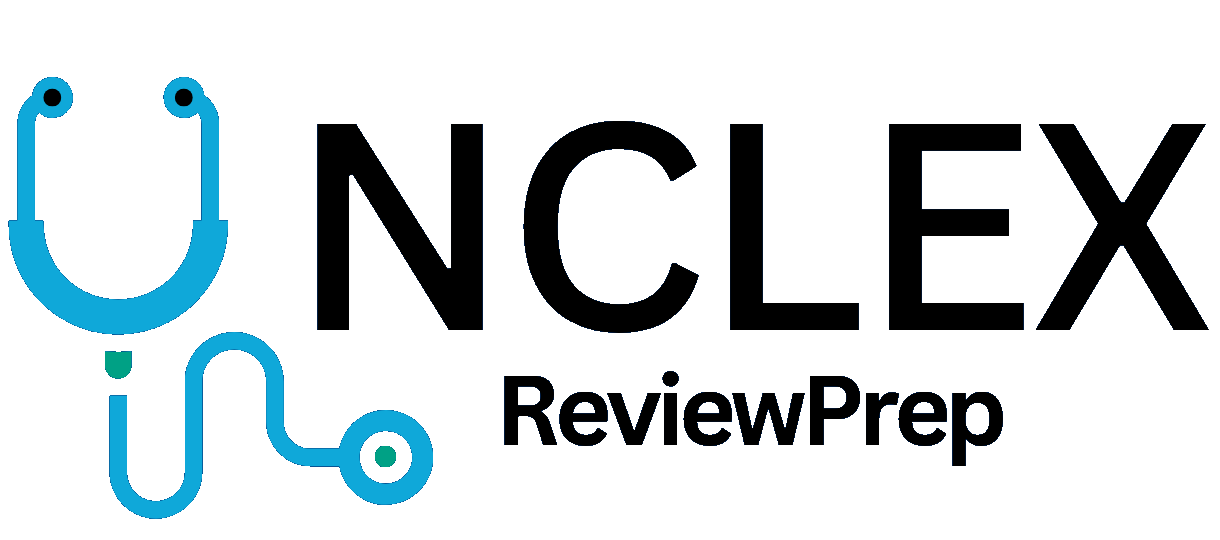
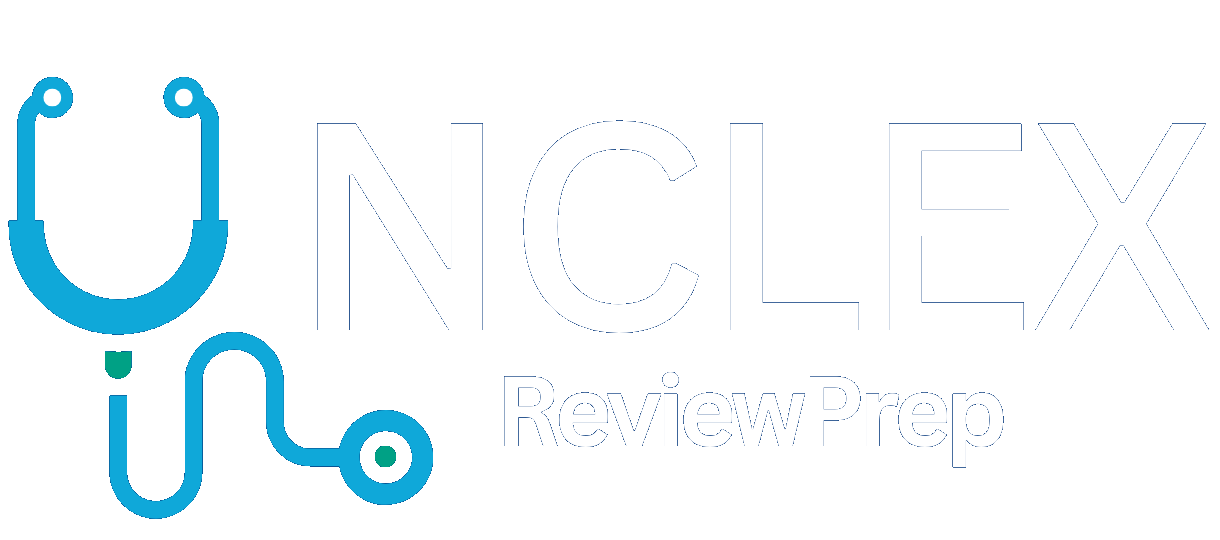
Pingback: Is NCLEX Offered on Holidays? 4 Key Insights for 2025 - NCLEX Review Prep
Pingback: Is NCLEX Offered on Holidays? 5 Powerful Insights Every Nursing Candidate Needs to Know
Pingback: How Hard is the NCLEX Exam? Secrets to Overcome the Challenge - NCLEX Review Prep
Pingback: How Long is the NCLEX Exam? Know What to Expect - NCLEX Review Prep
Pingback: How Many People Pass the NCLEX on Their First Try? Statistics and Insights - NCLEX Review Prep
Pingback: 82% Success Story: How Many People Pass the NCLEX on Their First Try and How You Can Too!
Pingback: What Happens If You Fail the NCLEX? 3 Proven Strategies to Bounce Back Stronger!